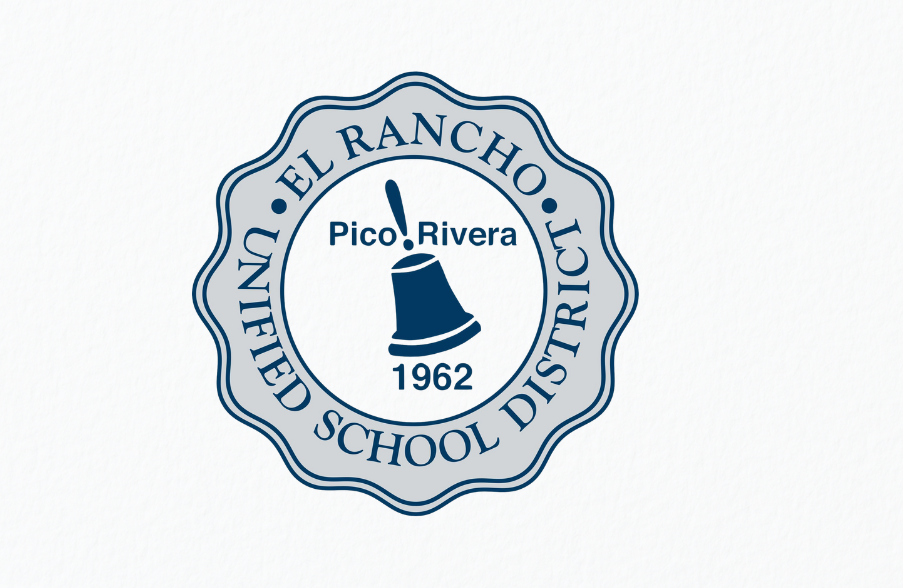In the often unpredictable world of education, substitute teachers serve as the unsung heroes, stepping in at a moment’s notice to ensure that learning continues seamlessly. Yet, what drives these indispensable educators? What do they truly value in their professional environment? Swing conducted a recent survey that sheds light on these questions, revealing substitutes’ priorities.
Respect over affection—a clear message from substitutes
We asked substitute teachers to rank various aspects of their professional relationships in order of importance. The results are eye-opening, with 70% prioritizing “being respected by students” as “most” or ‘“very” important.
Ranking as “most” or “very important”:
- Being respected by students: 70%
- Being respected by administration: 57%
- Being liked by students: 56%
- Being respected by full-time teachers: 51%
- Being liked by administration: 49%
- Being liked by full-time teachers: 37%
What stands out from these numbers is the relative importance of respect over being liked. Aside from respect from students, substitute teachers place significant value on the respect shown by the administration, even above that of full-time teachers at the school.
The quest for respect—why it matters
So why do substitutes place such a premium on respect? The answer lies in the unique challenges they face. Unlike full-time teachers, substitutes often navigate unfamiliar classrooms, differing school cultures, and the daunting task of quickly establishing authority and rapport with students. In such a dynamic environment, respect is not just a nice-to-have — it’s essential for maintaining order and fostering a positive learning atmosphere.
Respect from students—the foundation of effective teaching
Respect from students is particularly important because it directly impacts classroom management and instructional effectiveness. A substitute who is respected by students is more likely to maintain a positive learning environment, minimizing disruptions and maximizing engagement. This respect translates into better behavior and a willingness to participate, making the substitute’s job not only easier but more rewarding.
Respect from administrators—a pillar of support
School administrators can make a big impact on substitute teacher retention. When substitutes feel respected by school leaders, it affirms their role within the educational ecosystem. This respect often manifests in practical support, such as preparation materials, access to resources and utilities (like providing the key to the adult restrooms!), fair compensation, and a voice in school affairs.
It also extends to the intangible benefits of receiving acknowledgement from administration that they are helping support the schools’ core functions—ensuring continuity of learning for students. Substitutes who feel valued by administration are more likely to perform their duties with confidence and dedication, and they’re more likely to want to return to schools with a positive and supportive culture.
Interactions with full-time teachers
Respect from full-time teachers, though slightly lower in the ranking, remains significant. A respectful professional relationship with full-time colleagues can enhance a substitute’s sense of belonging and professional fulfillment. It also facilitates smoother transitions and better collaboration, ultimately benefiting students.
Designating a point person from the full-time staff for an incoming substitute teacher to ask questions, providing access to the teacher lounge, and including substitutes in teacher appreciation events can encourage greater interaction between guest and permanent teaching staff.
How schools can show respect for their subs
Understanding that respect is a top priority for substitute teachers is only the first step. It’s also about taking concrete actions to cultivate a culture of respect.
- Provide comprehensive materials for orientation and training: Respect begins with preparation. Schools could offer orientation sessions and ongoing training for substitutes that cover school policies, classroom management techniques, and the use of educational technology. A well-prepared substitute is more likely to command respect and perform effectively.
- Facilitate integration with the school community: Substitutes often feel like outsiders. Schools can counter this by integrating substitutes into the school community. This could involve including them in staff meetings, professional development sessions, and social events. Creating opportunities for substitutes to build relationships with full-time staff fosters a more inclusive environment.
- Ensure clear communication and support: Clear, consistent communication from administration is a cornerstone of respect. Substitutes should have access to detailed lesson plans, student information, and school policies. Providing a designated educator or mentor for guidance can also help substitutes feel supported and respected.
- Recognize and appreciate their contributions: Public recognition of substitutes’ efforts can go a long way in building respect. Schools can implement programs to acknowledge outstanding substitutes. Personal notes of appreciation from administration and full-time teachers also reinforce that substitutes’ work is valued.
- Ensure fair compensation: Compensation is a tangible expression of respect. Offering competitive rates and benefits can attract and retain high-quality substitutes.
- Solicit feedback and act on it: Respect is a two-way street. Schools should regularly solicit feedback from substitutes regarding their experiences and suggestions for improvement. Acting on this feedback demonstrates that the administration values their input and is committed to making the school a better place for everyone.
While being liked is certainly important for substitutes, respect holds a more significant place in their professional priorities. By recognizing this and taking deliberate steps to show respect, schools can create a more supportive and effective environment for their substitute teachers. This not only benefits the substitutes themselves but also enhances the overall educational experience for students.






